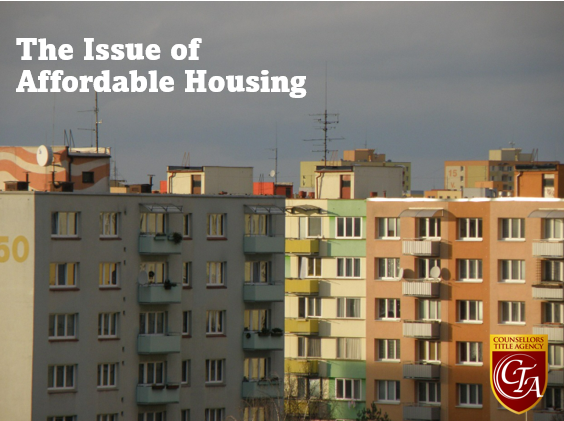
Several New Jersey municipalities are voicing strong opposition to newly proposed state legislation that would ease development rules for affordable housing projects spearheaded by religious and nonprofit groups.
Chatham, Morris Plains, Monroe, and other towns have passed resolutions against the measure — Senate Bill S4736, introduced Oct. 27 — arguing that its provisions represent an “egregious assault on municipal autonomy.”
The legislation would require local planning boards to approve certain property conversions into housing if the projects meet the bill’s criteria, significantly narrowing the grounds on which towns could deny them. Municipal officials say this would effectively allow developers to “bypass” the traditional local planning process.
According to the resolutions, the bill would permit buildings to exceed existing height and density limits “regardless of a municipality’s ability to ensure safety,” allowing developments as dense as 40 units per acre and up to one story higher than current zoning permits.
While the proposal mandates that 20% of new units be designated as affordable housing, local leaders argue that permitting the remaining 80% as market-rate units could actually hinder efforts to meet the state’s fourth-round affordable housing obligations.
“It does not make sense to mandate municipalities to meet certain affordable housing requirements, to work with their professional planners, lawyers, and the community to craft a detailed housing plan for the fourth round — only to have the Legislature introduce a bill that circumvents and undermines that process and preempts local zoning,” Chatham Borough Mayor Carolyn Dempsey said in a statement.
Chatham Borough Council President Jocelyn Mathiasen said at last week’s unanimous vote that the bill would have a “significant” impact on the borough. She also criticized the timing of the proposal, noting, “The state likes to ram through a lot of legislation during lame duck and not give time for any opposition to build up.”
Municipal councils have sent their resolutions to several state officials. Assemblywoman Michele Matsikoudis also voiced concern, stating that the bill would “strip our local leaders of the ability to make thoughtful planning decisions and would strong-arm our towns into accepting even more high-density projects without any regard for the added burdens on local infrastructure.”
“I stand with every municipality fighting to protect responsible, sensible development,” she added.
For the legislation to become law, it must pass both houses of the Legislature and be signed by the governor.
